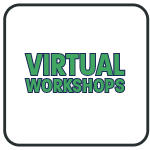Teach · CoacH · Mentor
Mockingbird Education
Effectively
Teach, Coach, and Mentor
Vulnerable
Learners!
Years Experience
Countries
0
Languages
0

Increase Your Impact with the
Mockingbird Methodology!
The Mockingbird Methodology helps practitioners address academic gaps, attention, motivation, self-regulation and social dynamics.
Practitioners using the Mockingbird Methodology report improvements in…
Student Retention
Engagement
Staff Effectiveness
Why Learn with
Mockingbird Education?

Research-Based Approach
The Mockingbird Methodology is a research-based approach to teaching, coaching, and mentoring vulnerable learners.
Biopsychosocial Approach
combines the latest research in neurobiology, psychology, and sociology with best practices in teaching, counseling, and talent development.

25 Years Experience
We have over 25 years experience in vulnerable education and in developing staff talent.
Our workshop facilitators are experienced practitioners and expert facilitators, we model and demonstrate every strategy, tool, and best practice.
Our workshop facilitators are experienced practitioners and expert facilitators, we model and demonstrate every strategy, tool, and best practice.
PRACTICAL AND IMMEDIATE USE STRATEGIES
The Methodology blends instruction, coaching, and mentoring strategies into one singular approach.
We design and deliver training so concepts, tools, and strategies are easy to access, and easy to learn!
You will walk away from training with strategies and tools that you can immediately use in your classroom and program.
We design and deliver training so concepts, tools, and strategies are easy to access, and easy to learn!
You will walk away from training with strategies and tools that you can immediately use in your classroom and program.

Support and Coaching
To help you develop mastery and increase impact, we provide support, coaching, and access to methodology resources after training.
Discover Our
Products and Workshops
We provide training, development, technical assistance, and curriculum.

On-Location WOrkshops

Talent and Development Program

Student Curriculums

Explore Upcoming Events

Success Stories
"Our staff specifically cited Mockingbird training as the most significant reason why they grew this year personally and professionally.”
Laura HirshfieldProgram Director, SBWIB YouthBuild
“Thank you for all the time and effort you all have put into Mockingbird's strategies.We hope to do our training justice”
Marta ValenciaFacilitator, Honduras
“Tamara was very good at modeling all the behaviors the course recommends and providing clarity in regards to the purpose of those behaviors. This was so valuable!”
Ms. GonzalesWorkshop Participant, Blueprint for Teaching Online
"I LOVED THIS EXPERIENCE
During Covid- confinement this course has provided validation based on research that what I am doing in class is the right thing. Wow! What a forced experience this online teaching has been, but what avenues it has opened. Thank you for articulating so eloquently a solid approach to instruction."
During Covid- confinement this course has provided validation based on research that what I am doing in class is the right thing. Wow! What a forced experience this online teaching has been, but what avenues it has opened. Thank you for articulating so eloquently a solid approach to instruction."
EducatorBlueprint for Teaching Online
"Can't wait to see how my instructional experience grows from here. My success story is uploading...stay tuned."
Jose RodriguezHope and Justice Org
Previous
Next
OUr Clients
Will You
Join Us?
CRS

YB

SEAT
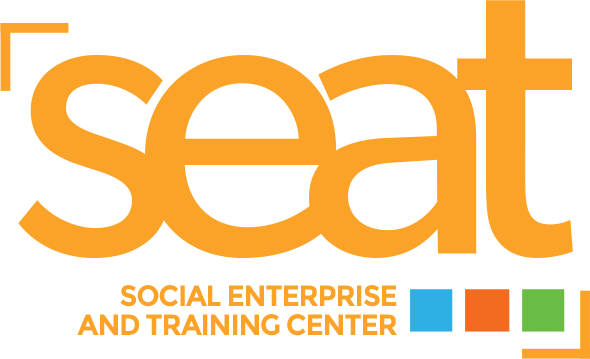
RITECH
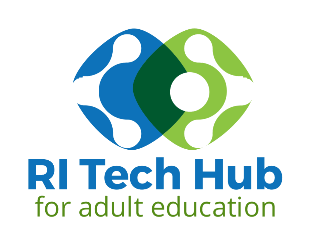
WIOA

Umpqua

Rogue
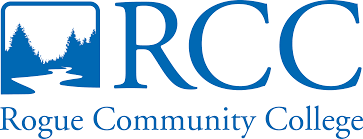
Windham

OYU

New Mexico Corrections

MSAD52
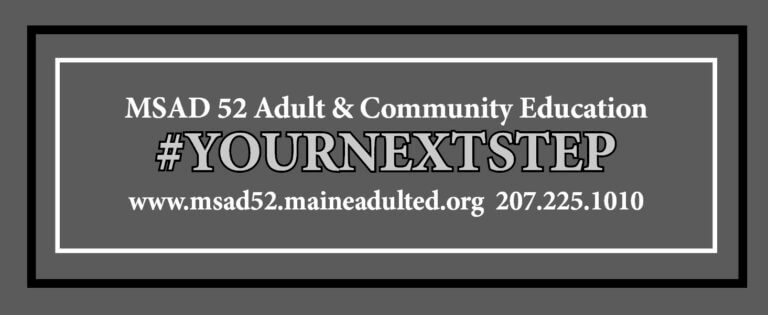
Maricopa

NYSED

L&C

Kentucky AE

Jovenes Constructores
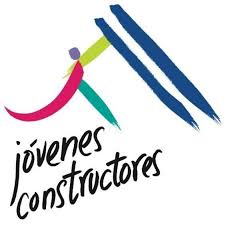
GAEA

ENMU
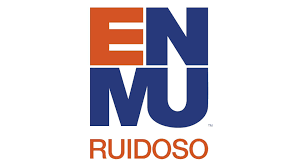
Department of Labor

CCRI

Hagerman

AOH
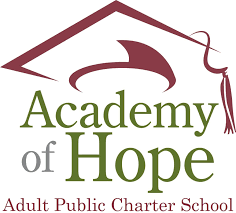
AMC

ABQ-ALC
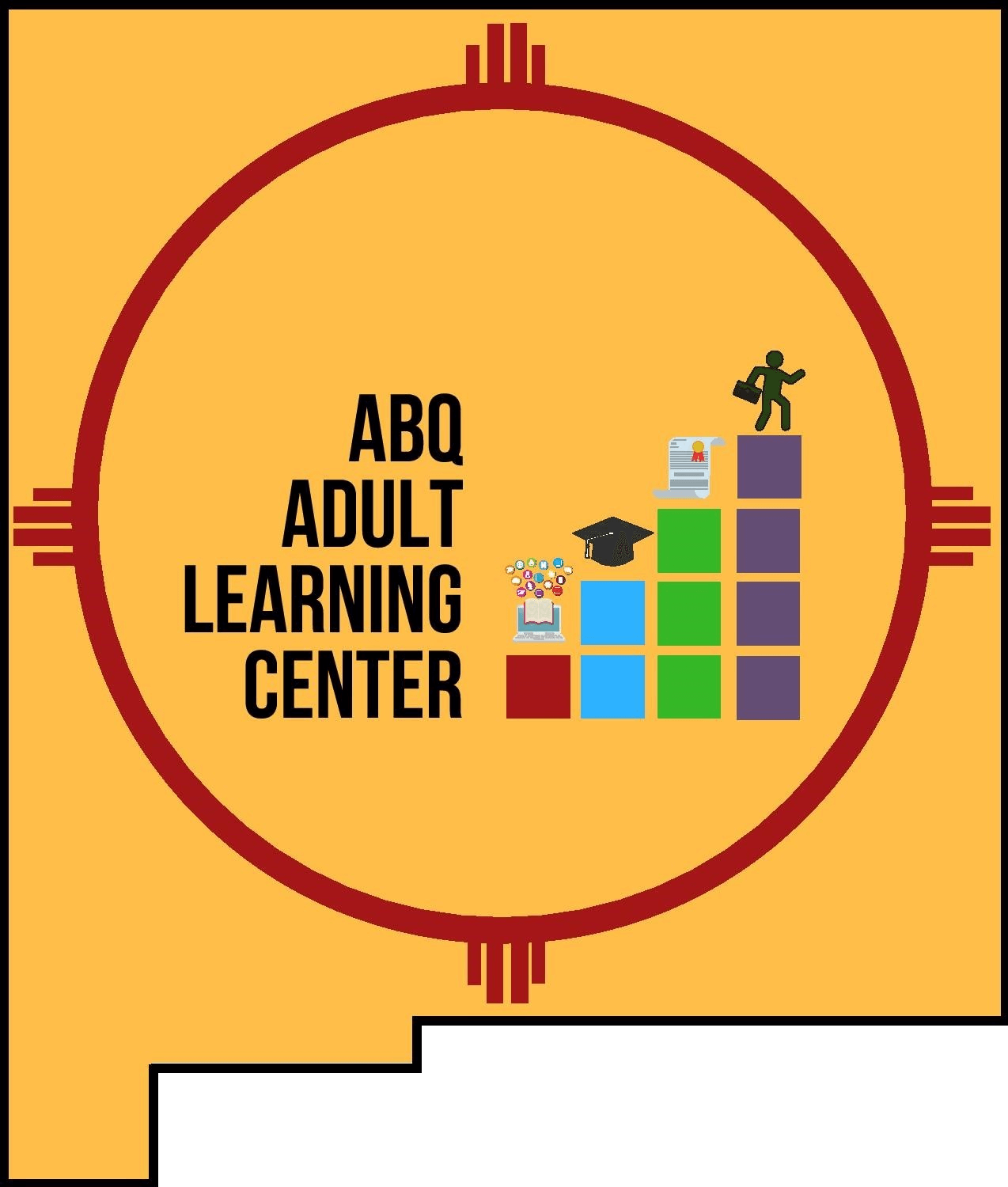
MVCC

KLF
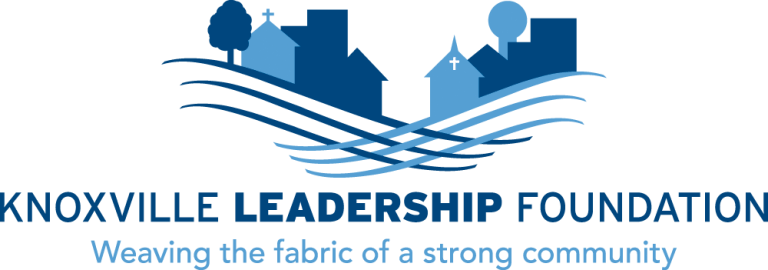
ABQ-ALC

Chesapeake
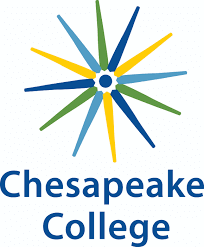
Catholic Charities

OFTC
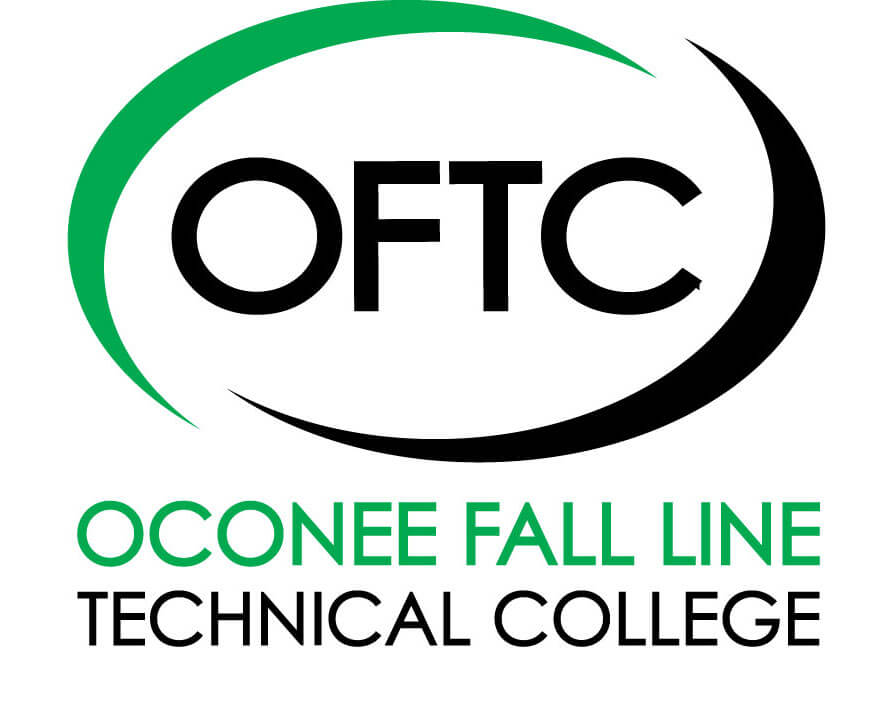
NMJC

Cochise
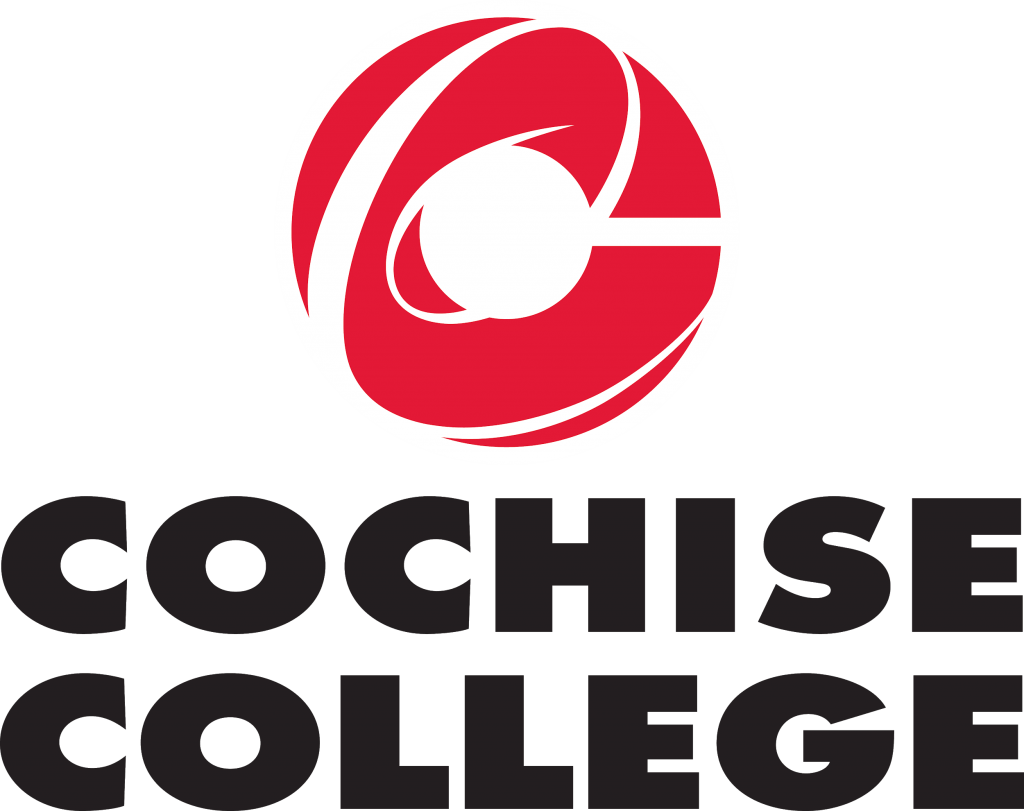
TCSG



